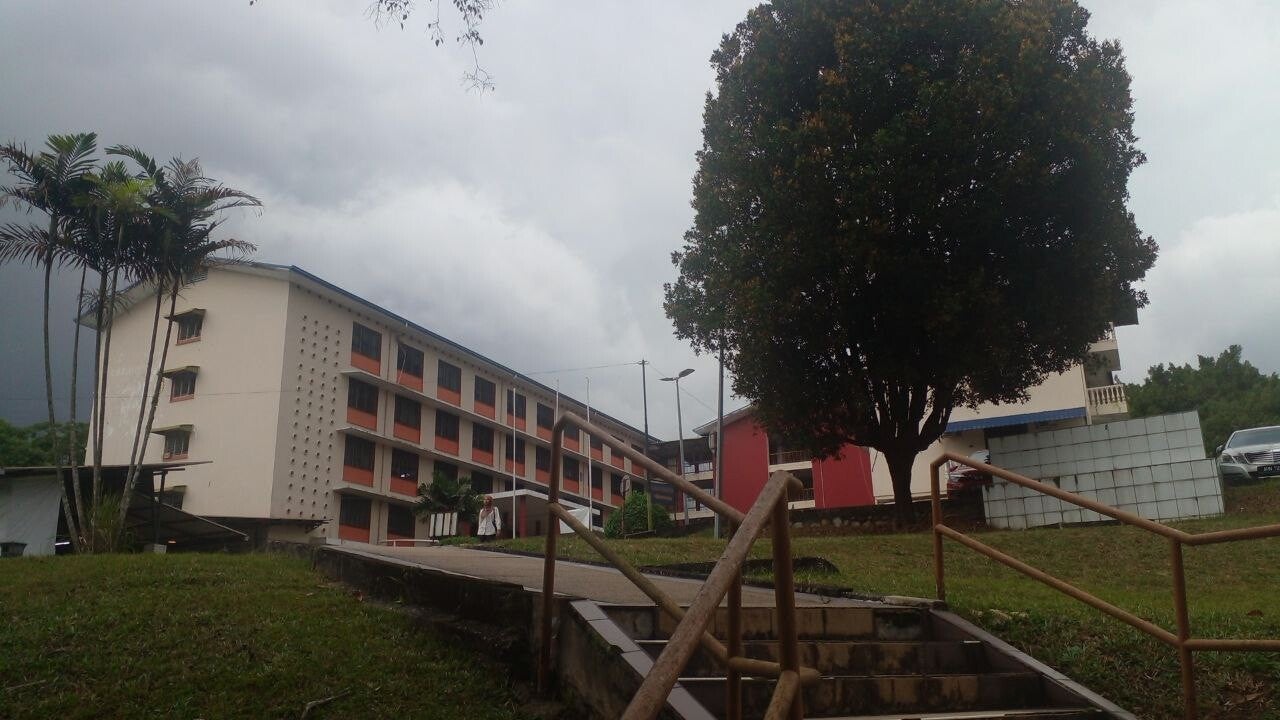

IMPACTS OF THE STUDENTS WHO STAY FAR AWAY FROM UNIVERSITIES
COMMUTE TIME
Living far from campus means commuting 1–2 hours or more each way. Unpredictable public transport delays and limited off-peak services make matters worse. These long journeys waste time for studying, relaxing, or personal activities, forcing students to start their day early and return home late.




HIGHER COSTS
Long commutes come with significant financial strain. Whether it’s public transport fares, fuel for personal vehicles, or late-night ride-hailing services, the costs add up quickly. For drivers, vehicle maintenance adds another expense, leaving students to juggle between affordability and convenience.
LIMITED CAMPUS ENGAGEMENT
Students living far away often miss out on extracurricular activities, workshops, and events due to travel constraints. This limits networking opportunities, personal growth, and their sense of belonging on campus, leading to a less fulfilling university experience.


STRESS AND FATIGUE
Daily long commutes take a toll on both physical and mental health. Crowded public transport, early mornings, and heavy traffic lead to stress and fatigue impacting focus, productivity, and academic performance. Over time, this cycle can result in burnout.


RESTRICTED ACCESSING TO RESOURCES
Students living far from campus face difficulties accessing essential resources like libraries, labs, and counseling services. Staying late for research or group projects becomes inconvenient, placing them at a disadvantage compared to peers living closer.

SCHEDULING CONFLICTS
Commuting students often struggle with scheduling conflicts due to travel time. Early morning or late evening classes and spontaneous activities become unfeasible, leading to missed opportunities for learning and social interaction.


